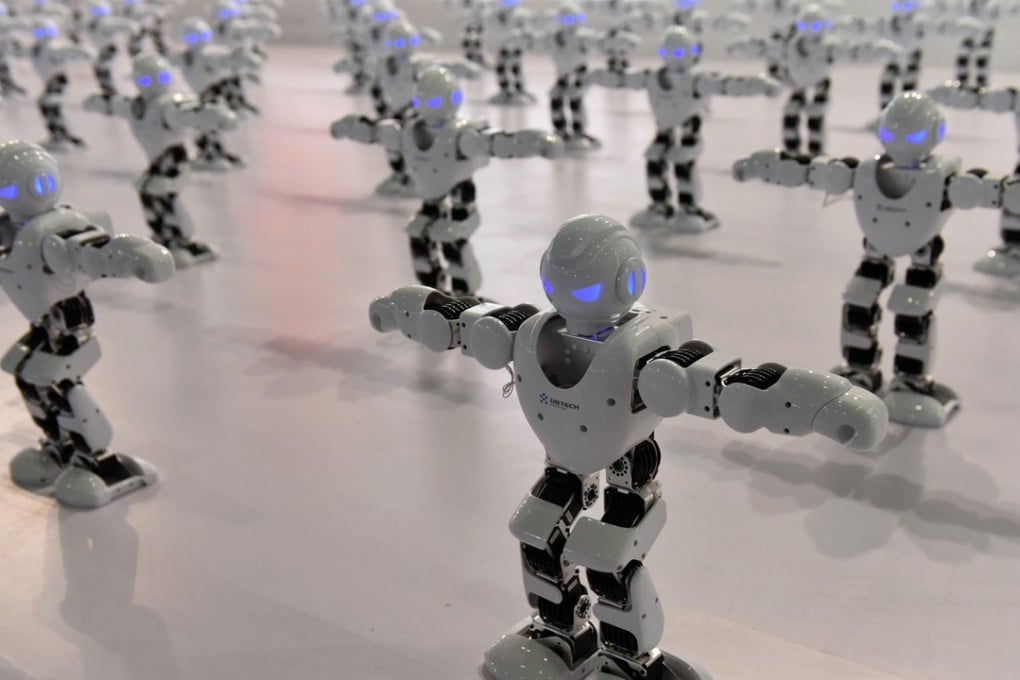When Big Brother gets God’s Eye: China tries to catch up on AI
Artificial intelligence viewed as next big thing in tech but also an ethical challenge

The all-seeing God’s Eye, a system that can hack into any camera and locate anyone, anywhere in less than four minutes is one of the stars of the two latest instalments of the Fast and Furious blockbuster movie franchise.
In China’s most innovative city, Shenzhen, two US-educated Chinese scientists have found a way to turn part of God’s Eye into reality – if the authorities allow them to insert a tiny chip into surveillance cameras.
With the chip, a surveillance camera can greatly speed up human facial recognition and spot a criminal suspect in a crowd in just a few seconds. It has proved effective in at least in one district in Shenzhen and, according to publicly disclosed information, has helped police crack hundreds of cases and find a number of lost children.
The firm, Intellifusion, is just one of the fruits of China’s efforts to become a global leader in artificial intelligence (AI), a technology that may profoundly change everyday life and that promises massive financial pay-offs.
China’s AI ambitions were emphasised at the annual meeting of the National People’s Congress in March and the message was not lost on the country’s biggest tech companies.
Beijing’s efforts to close the innovation gap with the United States have since been given a big boost, with billions of dollars invested in AI laboratories and projects.
